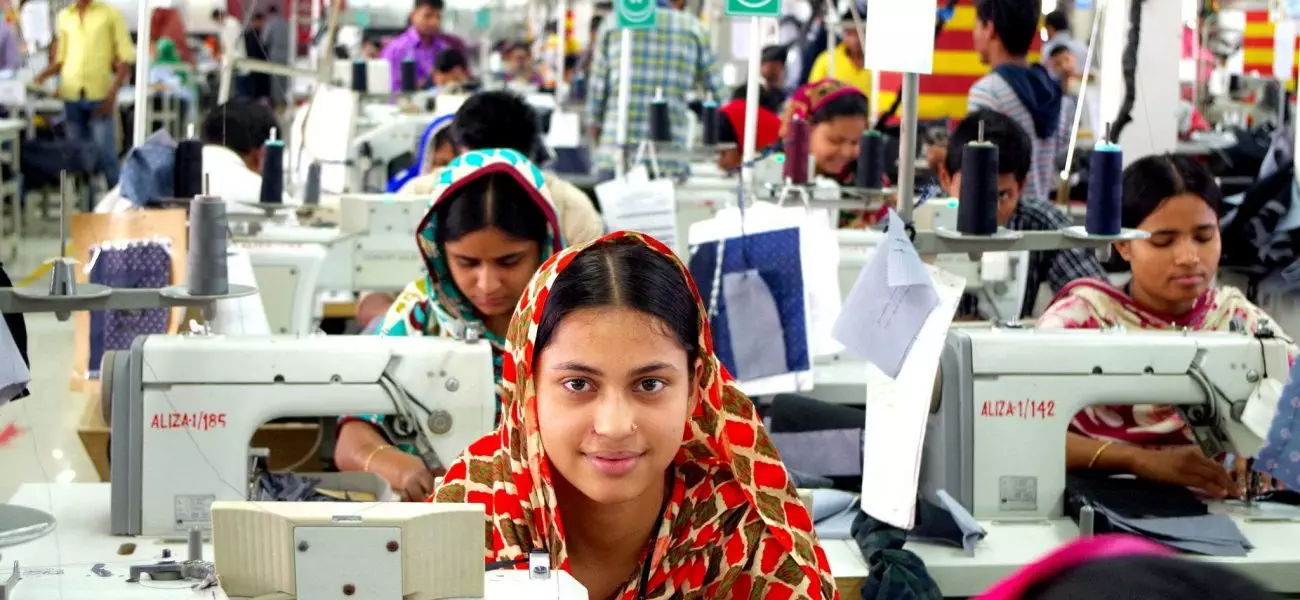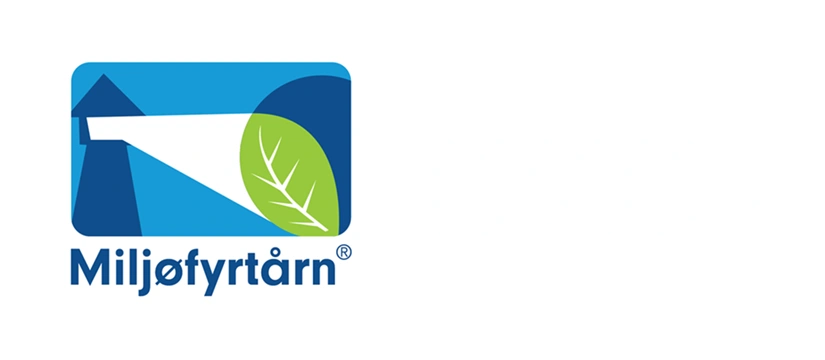Ethical Trade Norway invites members within the garment and textile industries to join our international Learning and Implementation Community on Responsible Purchasing Practices.
Purchasing practices are at the heart of business and are vital in efforts to improve labour standards. The focus on responsible purchasing practices is a key priority for many purchasing companies and multi-stakeholder initiatives. The MSI Working Group of the Common Framework for Responsible Purchasing Practices (CFRPP) is now inviting garment and textile companies committed to improving their purchasing practices to join our ‘Learning and Implementation Community’ (LIC). The Community will facilitate companies wanting to take steps towards improvements in their purchasing practice, develop solutions and share learning with peers, experts and supply chain partners. If you want to know more about the Common Framework for Responsible Purchasing Practices, how it has been developed and who is involved, please see details here.
Aims and desired outcomes of the LIC
The overall desired outcome of the community is improved purchasing practices, in order to give scope for improved working conditions in the supply chain, through peer learning and practical action. The aims of the community include:
- Encouraging and supporting companies in implementing positive changes in responsible purchasing practices, through sharing case studies of companies’ experience, expert input, tools and guidance.
- Collating and sharing best practice and strategies in implementation of responsible purchasing practices.
- Ensuring the elements of the framework are workable in practice. This includes testing the practical applicability of version 1 of the framework, as companies start to apply it within varying commercial environments, leading to an adjusted version of the framework if necessary.
What are the benefits of the LIC to companies?
The main benefit of the LIC is an opportunity for peer learning with other companies, to hear about examples of what other companies are doing, have input and advice from experts and to have a safe environment to trial changes, discuss and problem solve on overcoming obstacles and give feedback on learnings along the way. Being part of the community will also mean companies gain support from the MSIs involved in terms of mentoring and discussing possible actions to be trialed and how to grow internal buy-in.
Commitment of members of the Community
Each company that is a member of the LIC is committed to:
- Taking action to improve their purchasing practices, in order to improve working conditions in the supply chain.
- Allocating relevant staff time/resources, to attend at least the main 6 online sessions, their choice of optional sub-meetings, to participate in support/mentoring/follow-up meetings with their MSI and to take relevant actions they’ve decided on. Although this is likely to be Responsible Sourcing/CSR staff initially, it is important that the company is committed to engaging leadership and commercial teams, and that representatives of commercial teams will be able to join some of the sessions.
- Work with their MSI to develop a learning plan, to define what they want to gain from the LIC and what areas they want to focus on.
- Engaging with suppliers on these topics, including discussing possible changes in purchasing practices with some key suppliers. This may involve nominating a key supplier to have more in depth discussions with, to trial possible changes.
- Sharing examples of progress, challenges and learnings regarding RPP with other participants in discussions (all sharing is voluntary and will not cover commercially sensitive information).
- Contributing best practice and learnings to the development of guidelines and tools.
- Tracking, sharing and discussing their progress and learnings with the MSI they are a member of.
Who is the community for?
We hope to include purchasing companies with a mix of sizes, locations and business models. We anticipate that the companies in the community will have already started their journey in implementing responsible purchasing practices. This means you will be in this peer learning community alongside other companies who have a good knowledge of their supply chain, an understanding of the company’s own current purchasing practices, processes and systems and some level of knowledge of the potential negative impact of those on suppliers and workers (even if a formal risk assessment has not been carried out). For the framework to support genuine progress in purchasing practices, the best practice solutions need to be mutually beneficial to both suppliers and purchasing companies, and to involve a two-way dialogue on ways forward. The CFRPP MSI Working Group is in active discussion with the Sustainable Terms of Trade Initiative (STTI) about the role of suppliers and manufacturers.
What will happen in the community?
Implementation of Responsible Purchasing Practices
- The purpose of the framework and the LIC is to support companies to make practical improvements in their purchasing practices.
- Companies are expected to be committed to and working towards the 5 core ‘Principles’ outlined in the framework, and have a willingness to improve and to take active steps towards those principles.
- The ‘Practices’ listed under each principle are a collation of existing materials to outline what good practice looks like in terms of steps companies can take to implement those principles. We understand that some of the practices/lines in the framework will be more or less applicable to different business models and sizes. If a company thinks a practice does not apply to their business, we would encourage them to focus on practices they feel will make an impact and where they can get traction to make change. The framework is not a compliance mechanism, it is a description of what responsible practices look like, to be used by companies to stimulate practical action.
Online workshops
- 6 main workshops over the 2 years, attended by all the members of the community.
- Each workshop will focus on one of the five principles of the CFRPP.
- The format of the workshops will involve the following:
- companies sharing case studies on actions taken and what they have learned
- brief input from experts to explain the practices in that principle and give advice on how to implement them
- facilitated break out rooms, with exercises/materials to guide discussions about ideas of actions to take and about overcoming obstacles
- facilitated reflection at the end of each workshop on what actions each company wants to take and who you need to talk to, to take steps forward
- As the community progresses, there will be space within the workshops for companies to give feedback on what they are learning as they are making efforts to implement RPP.
- Ahead of each workshop we will send guidance to support your internal conversations to help you to understand current status, actions and obstacles, so that you can make the most of each session.
Sub-meetings
- 6 optional sub-meetings over the 2 years
- These will dive into more specific topics, with more solutions focused discussion, aiming to develop guidelines to be shared with the wider group.
- Varied, more specific topics will be considered, such as payment terms, internal incentives for buying teams, integrating supplier feedback into PP. The exact list of sub-meeting topics will be decided with the input of participating companies and suppliers.
- The sub-meetings will involve suppliers/manufacturers or their representatives, where appropriate.
- The format of the sessions will involve the following
- Brief input from experts and case studies, focused on the specific topic in question
- Exercises and case material will be provided for discussion
- Discussion in break out groups, facilitated by members of the MSI working group and consultant, on how to practically implement certain aspects and develop solutions
- Feedback from the break out groups
- Aiming to produce guidelines/ ideas for sharing after the meeting
Mentoring
- The MSIs will work with their member companies, in between the workshops to support implementation.
- This might include action plans and tracking progress, giving support and advice on implementation. The specific scope and content of the support is to be agreed between brands and the relevant MSI, depending on the approach and available resources of the MSIs.
- Another role the MSIs could play is to potentially connect the company with other companies who are working on a similar practice/element, so they can share experience and learn from each other.
Desired end goal
The overall desired outcome of the community is improved purchasing practices, in order to give scope for improved supply chain working conditions, through peer learning and determined efforts to implement the framework. While the approach and solutions may differ among the participating companies, the aim is that at the end of the 2 year process:
- the company will have taken steps to translate framework practices into their company’s practices, understanding that some practices will be more applicable to some business models
- the company has a proposal to present to internal teams on the potential feasible changes that could be made, with case studies and relevant information to back that up, ideally having trialed small scale changes through the course of the community’s duration.
On 28 June 3-4pm CEST we will host a joint information session with our partner MSIs for members interested in the Learning and Implementation Community. Please sign up here.
Contact advisor Marthe Røssaak at marthe@etiskhandel.no for more information about the CFRPP and the LIC.


